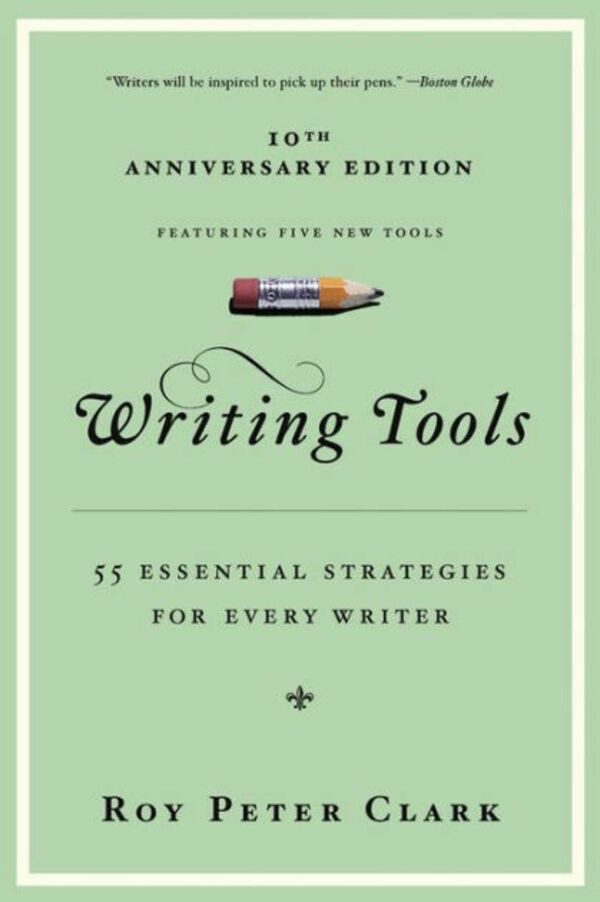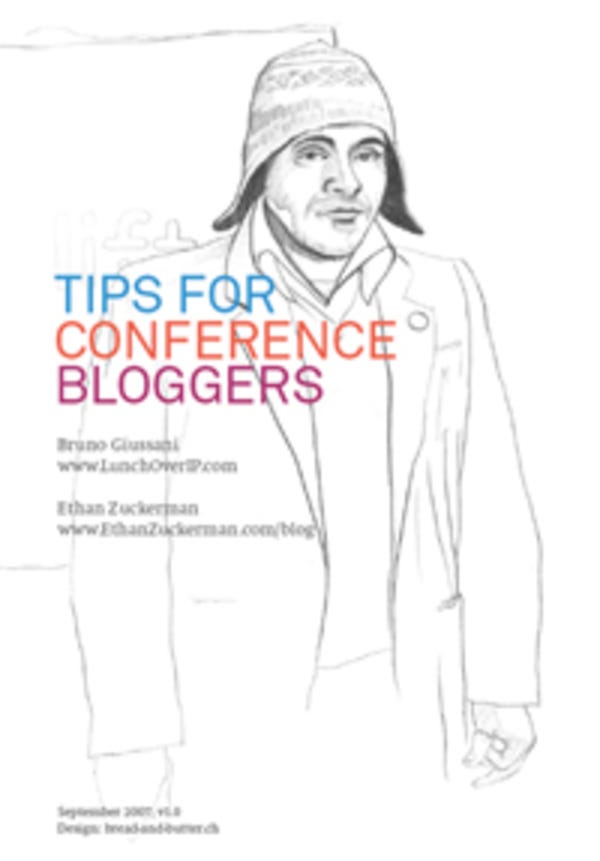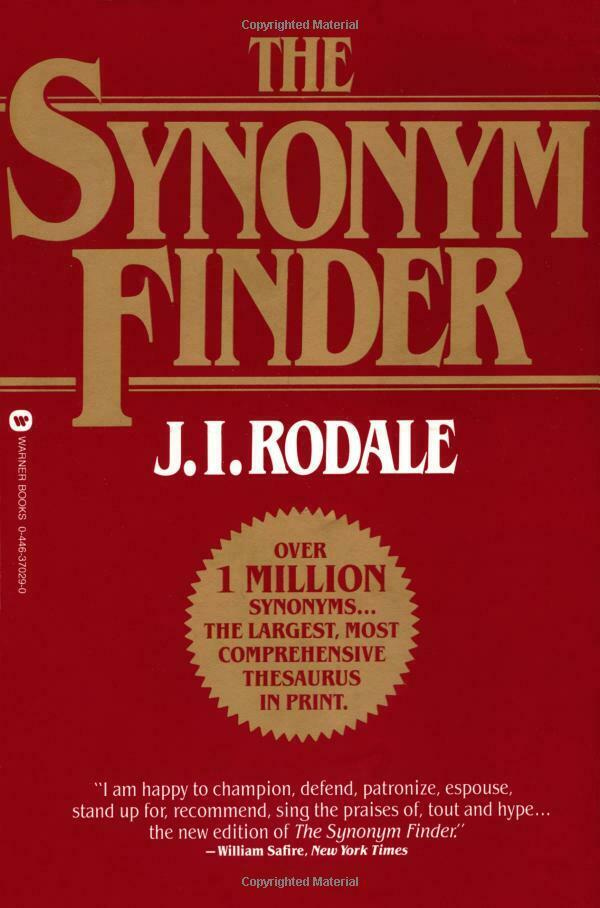Oral History Workshop

Best how-to for life stories
When you’re 64 wouldn’t you like someone to ask you about your life story and then preserve it? When you’re 24 wouldn’t you like to learn what really happened back in the day? Here are some great tips for interviewing and archiving these stories, including two chapters packed with a hundred great sample questions to ask. Technology makes this easy to do. I’ve done regular video interviews with my children as they grew up and with my parents and in-laws. One of the smartest things I’ve done. This book hadn’t been published then (and it’s the best of a half dozen on the subject), but if I had read it then I would have done a better job. Right behind me, my high-school age son is now capturing oral/visual histories, and he found this book extremely helpful too.
01/23/14Excerpt
Even in interviewing, though, some silence can be a virtue. Particularly if the interviewee is discussing something difficult, a breath of silence implies, "Tell me more, associate further, give me the links to this experience, fantasy, or anxiety."
So, though in preparing for your interview you'll likely focus on what you'll ask, don't forget about the power of a well-chosen pause.
*
Broad questions have a way of eliciting vague answers. Instead of "Tell me about high school," you might start with a smaller, more specific question: "Who were your best friends in high school?" A "little" question about a childhood game could reveal a big truth about a family dynamic. Aim for a combination of broad and specific questions to get the full story.
*
What insights have you gained about your parents over the years?
*
Begin each recording by identifying the time, place, and names of the participants. This will serve as a journalistic "time stamp."
...
To give audio recordings a visual context, take still photographs of your interviewee (and if possible of the two of you together) at the interview location.
*
Before you finish an interview, ask yourself, "Is there one last question I need to ask in order to achieve what I'd hoped for?" Then ask the interviewee: "Is there anything that you would like to talk about?" or "What have we not discussed that you feel is important for me to know about you and your life?"
*
Describe a typical family meal in your childhood home. What was usually on the menu? Who sat where around the table? Did it matter to you?
What is the best gift you've ever given someone? The best gift you've ever received?
...
If you could take only one last trip, where would you go and with whom? What would you do?
What's the biggest mistake you ever made? What did it teach you?
Who are your three closest friends? How are they different from one another, and why is each so dear to you?
The Oral History Workshop Cynthia Hart, Lisa Samson 2009, 180 pages $11










